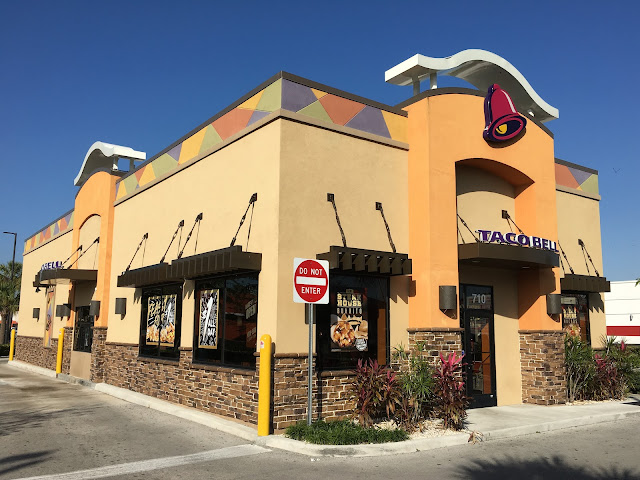What does at risk mean?
Let's start with the word risk. Risk can mean to try something new. For example, someone might try to eat food they have not eaten before. If a person has never eaten at Taco Bell and they decide they want to eat at Taco Bell for the first time, I could say they took a risk. To spend money on something a person does not know they like means they could spend money on something they do not like. Who knows, the person may like what they spend their money on. Spending money on new things is always a little risky!
When a person takes a risk on new food, there is a chance they may not like it.
Risk means there is something a person doesn't know when making a decision. In many sports there are two teams that play against each other. Some people make bets on which team will win the game. Let's say the Vikings and Packers are the two teams. If I say, "I bet you ten dollars the Packers win," I risk losing or winning $10. I risk losing or winning because I do not know who is going to win the game.
When a person bets on who is going to win, there is a chance that they may lose.
When thinking about bloodborne pathogens a person who works at a hospital is at a higher risk for being exposed to bloodborne pathogens. But a person who works in a hospital does not know when or if they will be exposed to bloodborne pathogens. Doctors who perform surgeries where they need to cut into the body to make a person feel better are at high risk for exposure because of the work they do.
Think about people who work at blood donation centers. They have to work with people's blood because the people are donating their blood. A lot of the equipment used is exposed to human blood. The equipment needs to be disposed of properly to minimize the exposure to blood and reduce the risk of exposure to bloodborne pathogens.
There is a chance that all people could be exposed to bloodborne pathogens. However, some workplaces are riskier than others because the chance of being exposed is higher.
As the tower gets taller, the risk of the tower falling over goes up or gets bigger. I could say things like, "that was a risky move" or "risky decision". I may even say, no risk, no reward! What are the chances of that?



